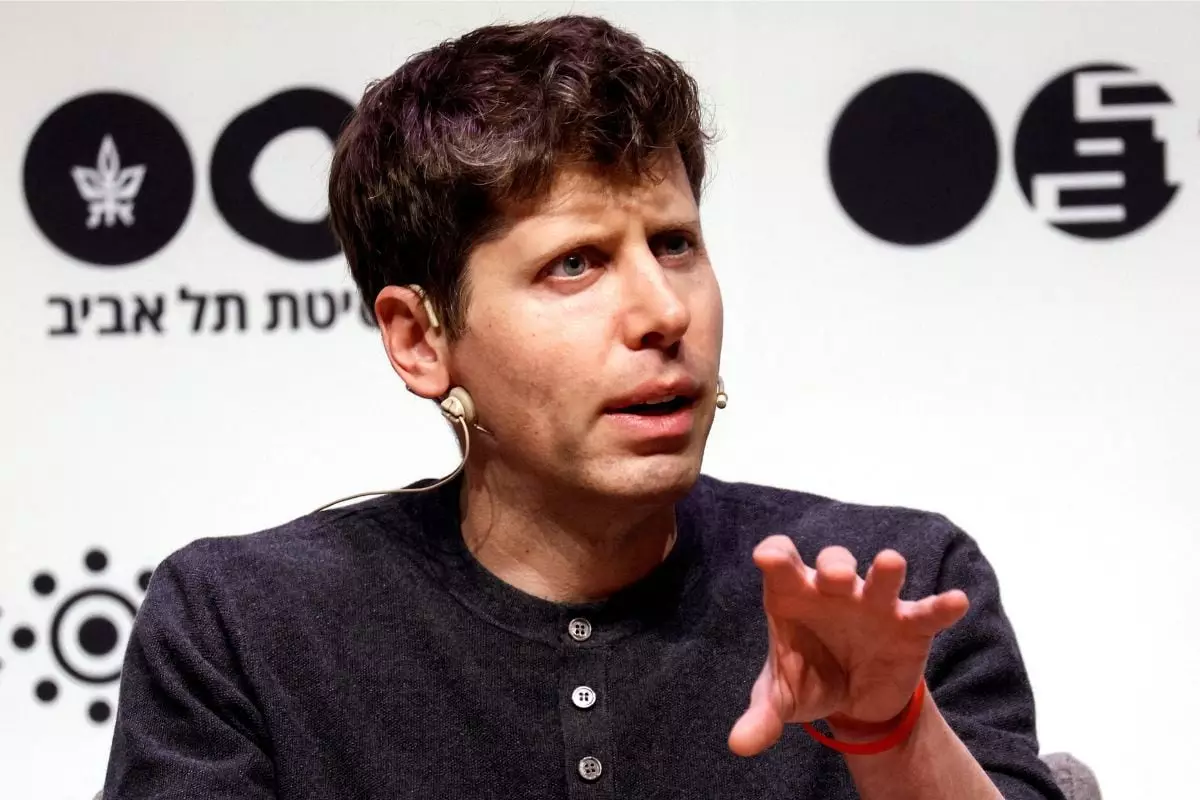In a landscape where artificial intelligence (AI) is evolving at breathtaking speed, the adoption of the Model Context Protocol (MCP) by OpenAI represents a watershed moment. Announced by CEO Sam Altman, the integration of MCP into OpenAI’s framework conveys not just technical innovation, but also a philosophical shift towards standardization in AI systems. The efficacy of AI can often be undermined by compatibility issues when connecting to diverse data sources, a pain point most developers are all too familiar with. By embracing MCP, OpenAI is signaling a serious commitment to creating a cohesive ecosystem where AI can interact seamlessly with third-party systems, thus leveling the playing field for both developers and end-users.
Implications for Developers and Users
The new integration will significantly reduce friction for developers. Imagine a world where a chatbot powered by large language models (LLMs) can source data from Google Drive or Slack without the usual headaches—latency issues, format discrepancies, and variations in behavior based on the source of the data. The allure is almost palpable. The revelation that the ChatGPT desktop app will also adopt this protocol reinforces the notion that OpenAI is not just following but leading in the industry. In doing so, they are transforming the conversation around AI from one of fragmentation to one of integration. Successful tech ecosystems thrive on interoperability, and OpenAI’s alliance with MCP may well set a standard for future developments in the field.
The Open-Source Advantage
One of the standout features of MCP is its open-source nature, a concept that has gained tremendous traction in the tech world. OpenAI’s adoption of this protocol invites a crucial collaboration similar to what we’ve witnessed in other successful movements within the technology space. The relationship between developers and platforms can be profoundly symbiotic. By empowering open innovation, MCP facilitates greater creativity and experimentation, allowing teams of passionate developers to contribute to and benefit from the shared knowledge pool. That’s a far more equitable landscape than the proprietary silos that dominate much of the tech industry today.
Anticipating Challenges and Opportunities
However, it’s important to acknowledge that with great promise comes great responsibility. As the use of MCP becomes more widespread, the nuances of its implementation must be closely monitored. Will smaller developers gain the same advantages as tech giants? Or will the disparity in resources continue to skew the benefits? Conclusively, OpenAI must commit to continuous engagement with the community for feedback to ensure that the protocol serves as a tool for inclusive growth rather than a catalyst for uneven advancement.
The Future is Now
OpenAI’s foray into adopting MCP is not merely a fleeting trend; it marks the dawn of a new era in AI. By paving the way for standardized frameworks, they are not just enhancing their products but also laying down the groundwork for what the future of AI should ideally look like—a collaborative space that fosters innovation, promotes transparency, and enables people from all backgrounds to participate. The focus on interoperability could very well be the most crucial element in achieving truly intelligent systems capable of accommodating a diverse array of tasks and user requirements. With these transformative changes, the trajectory of AI will undoubtedly evolve, pulling the industry away from chaotic fragmentation and into a harmonious future.


Leave a Reply